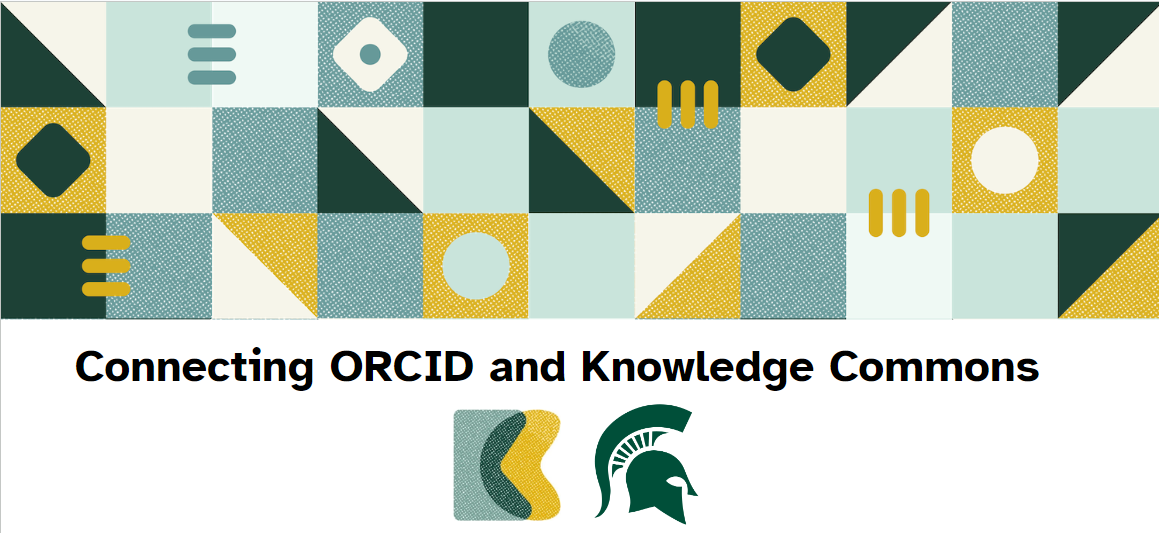Category: Digital Presence
-
Displaying Zotero via RSS
Many of us use it for keeping track of our citations for papers and other academic work. Until recently, the Zotpress plugin was an option for displaying information from our collections on websites, but it is being rewritten and has been removed from the WordPress directory. Poking around I found that Zotero provides an RSS…
-
Connecting ORCID and Knowledge Commons
I recently posted about the ORCID Global Participation fund grant we received to develop and launch an updated plugin for displaying ORCID data on WordPress-based websites, specifically on Knowledge Commons (KC). This project is vital to our long-term vision of KC as a platform where scholars showcase, conduct and publish their scholarly work and practice. ORCID…
-
Formative Annual Review for CPIL Workshop 11-8-24
These materials accompany the table discussion I’m facilitating at the CPIL Workshop sponsored by MSU CIRCLE on November 8, 2024. To get a sense of what Formative Annual Review (FAR) is, you can read my post from March 2023 where I lay out the work I did initially on FAR as a part of the…
-
Why Should Students Publish Work in an Open Access Repositories?
Last week, I spoke with Deric McNish, our Director of Undergraduate Research in the College of Arts & Letters at MSU. Our topic was how open-access repository systems like Knowledge Commons might provide our students with a value-added experience to their education. At one point, Deric asked a question that captured my imagination: “Why stop…
-
ORCID Global Participation Fund Grant

I’m thrilled to announce that the Knowledge Commons (formerly Humanities Commons) team has been awarded an ORCID Global Participation Fund grant to facilitate better two-way data transfer between the Knowledge Commons platform and researcher’s ORCID profiles. This project integrates ORCID with Knowledge Commons (KC, formerly Humanities Commons), a scholarly communications platform with a global audience…
-
Reflective Practice and the Formative Annual Review Framework
These are the notes and links for a conversation about the Formative Annual Review (FAR) framework and Reflective Practice that I had with a group of MSU faculty. Brief overview of FAR Framework Formative Annual Review (FAR) is an active approach to annual review, allowing us to take control of our narratives, shape them, and…
-
Adding Google Drive and Chat to a Humanities Commons Group
You can quickly and easily add additional links to any Humanities Commons Group by putting links into the Group Description section of your group. There’s currently no wysiwyg editor for that field so you have to type in good old HTML for it but it renders the HTML links clickable when saved and loaded. The…
-
Connecting Humanities Commons Deposits for Annual Review
As I was preparing my annual review documentation this spring I wanted to see if I could more easily import my work published on Humanities Commons into Academic Profile, MSU’s annual reporting system that uses Watermark’s Faculty Success platform. Manual entry is always a possibility, but ideally, I want everything to be electronically connected to…
-
Developing a Reflective Practice Workshop 2023
This workshop on Developing a Reflective Practice was offered in May 2023 for the MSU COLA Fellows. It was converted to this asynchronous format for those who weren’t able to attend. Workshop Outline This workshop consists of four main parts, with a reflection point separating each part. You may use the reflection prompt individually, or…
-
Pathways to Presencing Fellows Project – FAR Framework
Today I spent a wonderful afternoon with colleagues engaged in the Pathways to Presencing Fellows program talking about our projects and sharing ideas. The fellowship program gives “space and time” for us to engage in ways we are enacting the Charting Pathways to Intellectual Leadership (CPIL) framework. CPIL seeks to “empower staff and faculty to…
